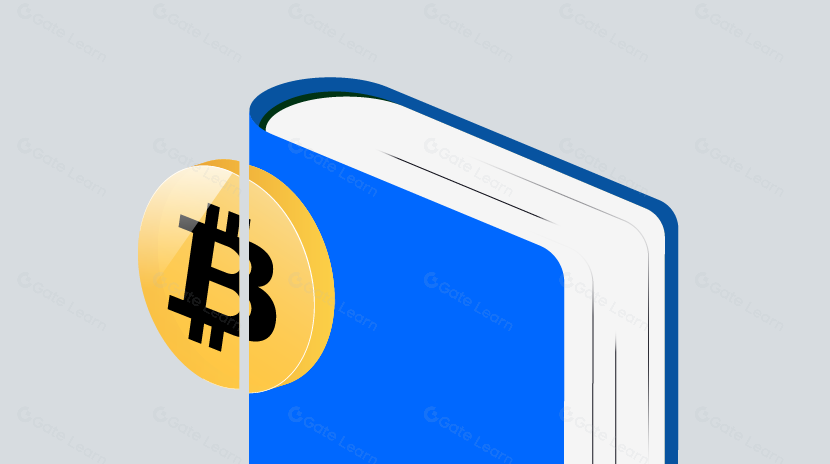Ondo chain 全景解读
作为专为机构级金融市场打造的 Layer-1 区块链基础设施,Ondo Chain 创新性地融合了公链开放性与许可链合规特性,构建支持真实世界资产(RWAs)全生命周期管理的技术体系。Ondo finance
Ondo Finance作为数字资产领域的创新机构,其发展历程可追溯至2021年。企业创始团队由两位具有传统金融背景的专业人士组成:Nathan Allman与Justin Schmidt在创立该平台前,曾深度参与高盛集团数字资产部门的战略规划与产品开发工作。基于对传统金融运作机制与区块链技术融合的深刻理解,Allman出任首席执行官负责整体战略布局,Schmidt则担任总裁职务主导具体业务实施。
在成立不足一年的时间内,该项目便展现出强大的资本吸引力。2022年春季,Ondo Finance成功完成A轮战略融资,该轮融资规模达到两千万美元。值得关注的是,本轮融资由硅谷传奇投资机构Founders Fund与加密领域头部基金Pantera Capital共同领投,这标志着传统风投与加密原生资本对其商业模式的联合认可。此外,Coinbase Ventures等知名行业投资方也出现在参投名单中,进一步扩大了项目的行业影响力。

Ondo全球市场(Ondo GM)是一个旨在通过代币化技术将公开交易证券上链的创新平台。Ondo GM的创立源于对传统证券市场在可访问性、透明度和效率方面的需求。在传统市场中,投资者面临着高昂的费用、交易壁垒和复杂的结算过程,尤其是对于非美国投资者来说,获取美国证券的途径受到诸多限制。通过代币化,Ondo GM打破了这些壁垒,使全球用户能够通过简单的Web应用和灵活的API直接访问证券市场,从而降低了进入门槛。
平台的代币化证券产品不仅包括流动性较高的公开股票(如苹果和特斯拉),还涵盖了广泛的债券和ETF等传统资产。未来 Ondo GM还会扩展到包括国际股票、企业债券等多种资产类别。
优势与技术特点
Ondo GM能够提供与传统证券市场相当的流动性,用户可以在平台上进行即时交易,且几乎没有滑点。此外,平台还通过与去 DeFi 的无缝集成,使用户能够在链上直接使用这些代币作为抵押品进行贷款、衍生品交易等操作。
Ondo GM的区块链技术确保了所有的代币化资产具有透明的交易记录和安全保障。所有基础证券的资产都将通过专门的托管机构进行保管,确保投资者的资金安全。所有的资产流动都在去中介化的框架下进行,传统做市商成本大大降低。
Ondo GM使用区块链技术提供即时结算和交易的能力,所有的铸造和赎回操作都在区块链上通过原子交易完成。用户在平台上提交订单后,系统会与合作经纪商进行配对并执行交易,同时通过智能合约确保资金和资产的即时对接。这一创新解决了传统金融交易中常见的结算延迟和流程复杂的问题。
生态体系
根据 Ondo Finance 官方网站上的信息,Ondo 生态系统覆盖十多个公链生态,链接交易所、钱包、DeFi、衍生品、托管业务等其他生态合作方。
主要合作公链

Source:https://ondo.finance/ecosystem?ref=blog.ondo.finance
核心合作方:
- 摩根士丹利(Morgan Stanley)、贝莱德(BlackRock)、Ankura Trust、Clear Street 和 NAV Consulting 等知名金融机构,提供资产托管、资产管理、信托服务等支持。
- 流动性提供商:包括 Bybit、Wintermute(OTC)和 Uniswap,为用户提供全天候的流动性。
- 技术和基础设施支持:与 Axelar 等区块链桥接技术提供商合作,推动跨链操作,并支持 Ethereum、Solana、Mantle 和 Polygon 等领先的 Layer 1 和 Layer 2 区块链平台。
Ondo chain
作为专为机构级金融市场打造的Layer-1区块链基础设施,Ondo Chain创新性地融合了公链开放性与许可链合规特性,构建支持真实世界资产(RWAs)全生命周期管理的技术体系。
混合架构设计
独创“公共开放层+许可合规层”双轨架构:
链上链下协同:深度融合传统金融系统与区块链技术,通过智能合约自动化处理清算、结算等流程,交易成本降低80%,关键操作响应速度达毫秒级,满足高频交易需求。
合规嵌入协议层:内置符合MiFID II、SEC等全球监管框架的智能合约模板,自动执行KYC/AML验证、交易限额控制等合规逻辑。
Ondo Chain的混合架构设计不仅是一次技术创新,更是对金融基础设施范式的重构。通过将传统金融的合规基因与区块链的效率优势深度融合,其解决了RWA大规模上链的核心痛点——如何在开放生态中实现机构级风控。
RWA原生支持能力
针对真实世界资产的全生命周期管理构建技术栈:
动态预言机网络:集成50+持牌数据供应商(如彭博、路透社),支持实时注入股票价格、债券利率等链下数据,并通过零知识证明技术验证数据真实性,误差率低于0.05%。
资产协议标准化:开发RWA专属智能合约库,支持股息自动分配、公司行为处理(如股票分拆)、税务计算等传统金融功能链上化,已实现苹果、特斯拉等20+蓝筹股的合规代币化。
跨链互操作体系
构建全域资产流通网络:
原生Ondo Bridge跨链协议:支持以太坊、Solana、Cosmos等15+公链的资产无损迁移,日处理跨链交易容量达10亿美元级。
动态安全增强机制:常规交易由基础去中心化验证网络(DVN)保障,单笔超千万美元交易自动触发多重DVN联合验证,安全性达到金融机构托管级标准。
合作方:构建横跨传统与加密的生态联盟
Ondo Chain通过战略合作网络,打通机构级资产上链的全链路:
技术支持
Google Cloud:为Ondo Chain提供分布式节点托管服务,确保网络的高可用性和稳定性。
埃森哲:协助开发符合ISO 20022标准的传统金融系统对接模块,实现与SWIFT、Euroclear等金融基础设施的无缝连接。
资产发行与管理
贝莱德/富达:合作发行代币化国债ETF、企业债券等产品,管理规模突破15亿美元,支持跨链质押与自动票息再投资。
WisdomTree:共建RWA流动性池,提供做市算法与波动率对冲工具,日均交易量稳定在3亿美元以上。
合规与风控联盟
安永 :设计链上审计追踪系统,每笔交易自动生成符合GAAP/IFRS标准的会计凭证,确保资产上链过程的透明度和合规性。
麦肯锡 :制定三年战略路线图,重点拓展亚太及欧洲主权财富基金的资产上链业务,推动全球范围内的资产代币化进程。
Ondo foundation:原生代币管理
Ondo基金会致力于推动机构级金融服务的民主化,目标是通过去中心化协议和资产代币化,构建一个开放、透明且高效的全球金融体系。基金会的核心职责包括支持创新、进行生态系统教育和宣传、管理资金库、部署智能合约、与企业和监管机构合作,以及推动生态系统的发展。

Ondo基金会提出了解锁ONDO代币的方案,目的是促进金融市场的去中心化。ONDO代币的总供应量为100亿枚,初始流通量为14.3%,其余部分将在12至60个月内分阶段解锁。持有ONDO代币的用户可参与去中心化自治组织(DAO)的治理,包括列出新资产市场、暂停市场、更新利率模型等。基金会支持去中心化协议,如Flux Finance,作为与现实世界的接触点,促进资产代币化。
原生稳定币:USDY

USDY(美元收益代币)是一种由短期美国国债和银行活期存款担保的代币化票据,旨在为非美国个人和机构投资者提供类似稳定币的可访问性,同时享受高质量的美元计价收益。USDY 提供两种版本:累积型(USDY): 代币价格随着收益的累积而增加。重定基型(rUSDY): 代币价格保持在 1.00 美元,收益以新增代币的形式每日分配。
USDY 由独立法人实体 Ondo USDY LLC 发行,资产与 Ondo Finance 分开管理。作为优先债务,USDY 采用超额抵押机制以应对短期波动,且由 Ankura Trust 担任担保代理人,提供每日透明度报告。与传统稳定币不同,USDY 提供了收益性和透明度,收益率由底层资产的收益决定,且具有明确的赎回期限和流程,尽管投资仍存在一定风险。
相比于其他稳定币,USDY具有不同的优势。USDY 并不被归类为传统的稳定币;它是一个代币化的担保票据。与稳定币类似,USDY 作为一种持有人资产,可以在不需要投资者与发行方进行入驻的情况下进行转移,尽管铸币或赎回时需要入驻。然而,与稳定币不同,USDY 持有者几乎可以获得支持 USDY 的资产所产生的所有收益。
与其他稳定币的核心区别在于:首先,稳定币通常由运营公司发行,这意味着如果发行公司破产,持有者可能无法赎回稳定币。而 USDY 由 Ondo USDY LLC 发行,该公司专门设计为与其他实体(包括 Ondo 的运营公司)隔离,从而避免破产风险。其次,稳定币持有者不会获得任何利息,而 USDY 持有者可以从支撑 USDY 的高质量资产中获得收益,这些收益会以增加的赎回价值的形式体现出来。稳定币一般是无担保负债,持有者对支撑它们的资产没有担保权益,可能会面临其他债权人优先索赔的风险。而 USDY 则由优质资产担保,持有者拥有对这些资产的担保权益,并且 USDY 是 Ondo USDY LLC 唯一的债务。在监管方面,传统稳定币通常处于监管灰色地带,而 USDY 将严格遵守美国联邦和州的证券法以及金融犯罪合规法规。此外,稳定币发行方通常可以单方面更改支撑稳定币的资产类型,而 Ankura Trust Company 作为第三方监督机构,将保护 USDY 持有者,确保资产符合资格,并能在不合规时强制清算。如果稳定币发行者未能及时赎回代币,持有者可能需要诉讼来追回资产。而 USDY 则设有明确的违约条款,若 Ondo USDY LLC 未能及时赎回,Ankura Trust 将根据持有者的批准清算投资组合并进行偿还。相比之下,USDY 提供了比传统稳定币更多的保障和收益机会。
总结
Ondo 的最大优势在于其提供代币化的现金等价物产品,使得链上投资者能够获得比传统稳定币更高的收益,并享有完全的资产透明度。此外,Ondo 生态系统中的合作伙伴不仅在流动性和资产管理方面提供支持,还帮助确保平台符合严格的合规要求和高标准的安全性。
Ondo Chain 是 Ondo Finance 的技术基础,旨在将公共区块链的开放性与许可链的合规性和安全性相结合,推动现实世界资产(RWA)的大规模 Token 化。Ondo Chain 的设计中引入了一些独特的创新元素,包括:
混合架构设计: 通过让部分验证器经过许可,Ondo Chain 提高了合规性和投资者保护。同时,链的其他部分保持开放,允许任何人发行 Token 或开发应用,这种设计有效平衡了合规性和创新。
RWA 支持与资产质押: Ondo Chain 支持 RWA 资产的原生 Token 化,特别是 Ondo GM Token,并允许这些 Token 进行质押,为网络提供安全保障的同时,也为闲置资产创造了收益机会。
机构级连接: Ondo Chain 与传统金融(Tradfi)的连接,通过让精选的金融机构运行部分验证节点,实现了与私有网络和传统金融环境的无缝连接。这种设计不仅降低了交易延迟、避免了抢跑交易,还为机构提供了访问独特资产和流动性的途径。
简化开发流程: Ondo Chain 支持 KYC 状态、制裁名单、抵押品数量等数据的无缝共享,简化了开发者创建去中心化应用程序的流程,提高了开发效率。
Ondo Finance 和 Ondo Chain 的结合为区块链和传统金融之间架起了桥梁,特别是在支持现实世界资产的 Token 化、提升合规性、提高数据准确性和跨链互操作性方面展现出强大的优势。Ondo 通过其创新的生态系统和技术,正在推动区块链技术在金融领域的应用,为机构投资者和普通用户提供安全、合规、高效的金融服务。
相关文章
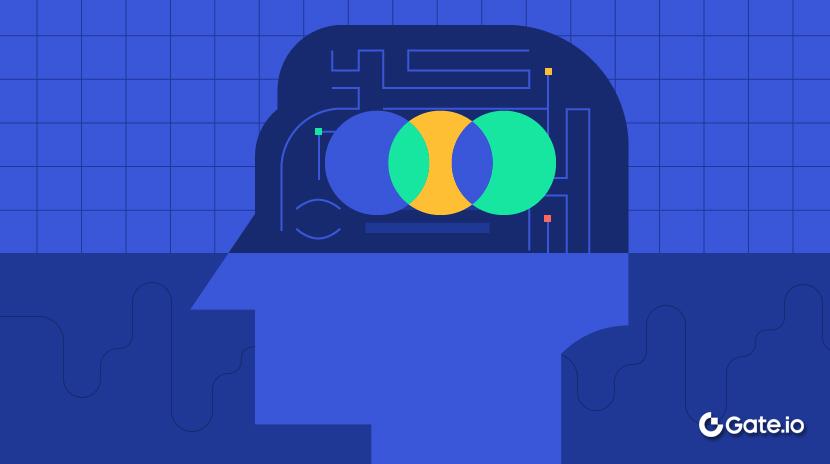
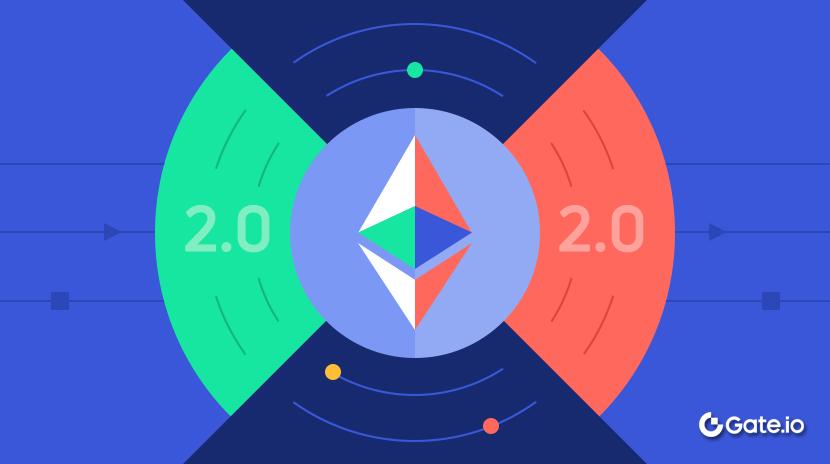

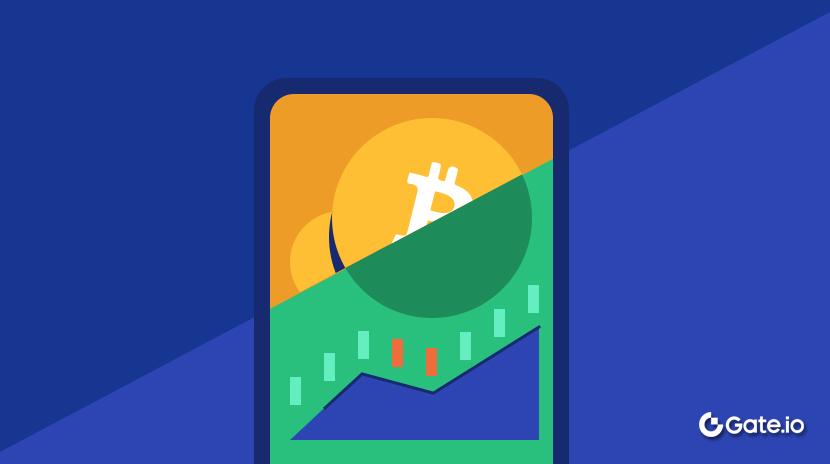
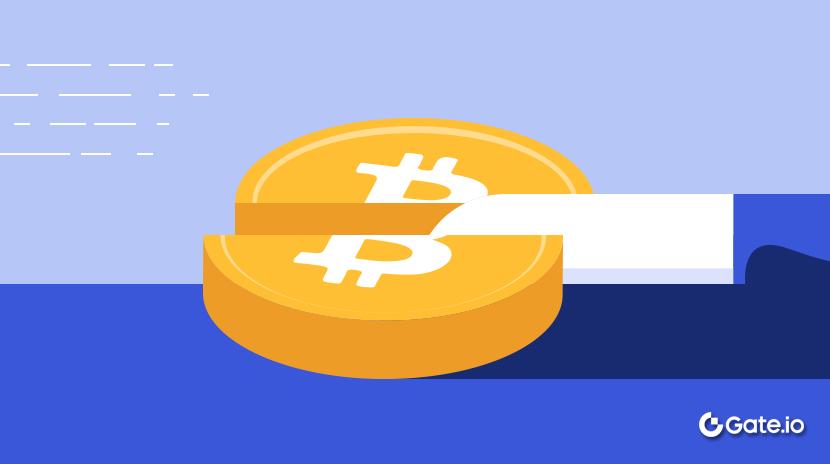
不可不知的比特币减半及其重要性
